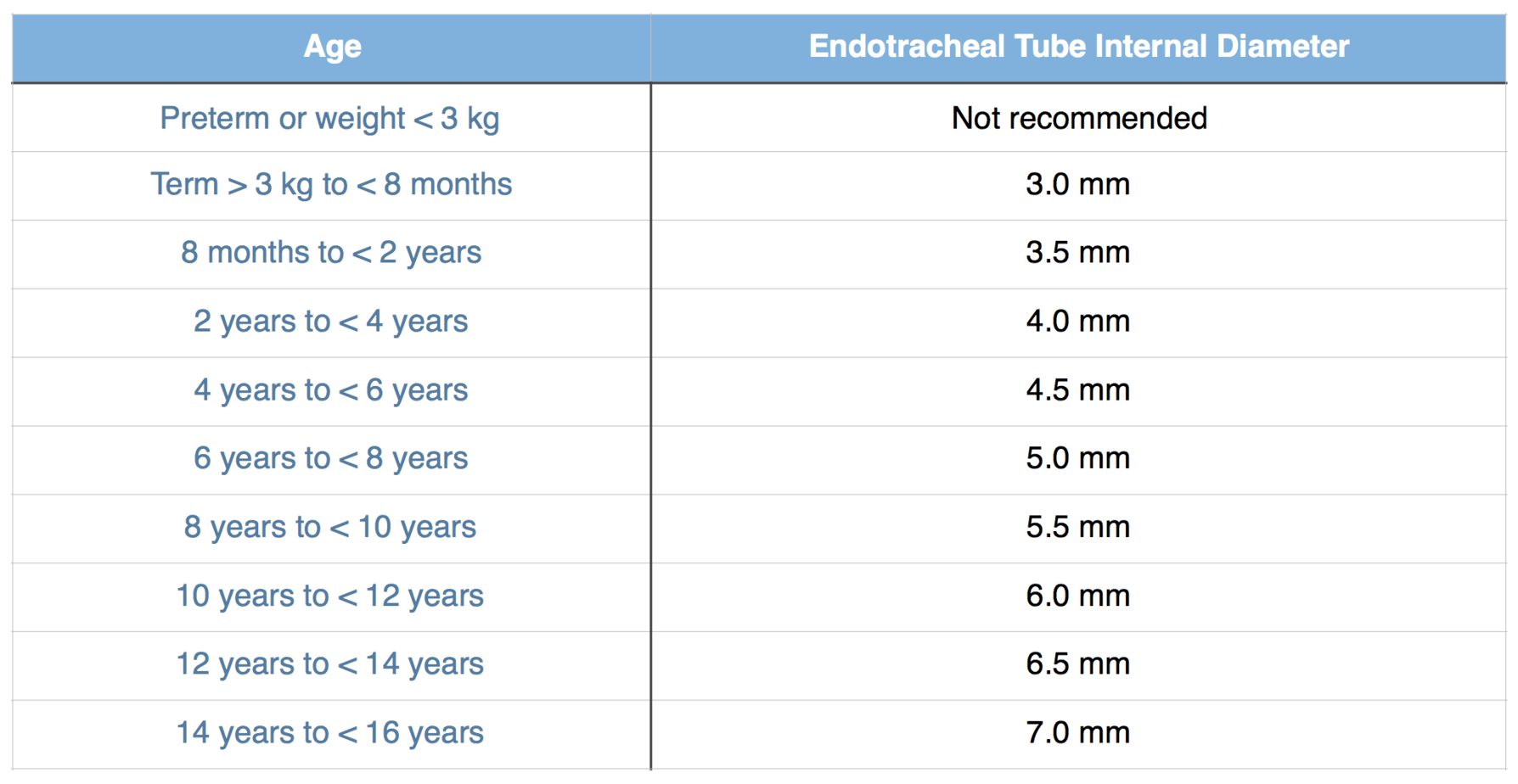Why Pet Diagnostic Labs Are Essential for Dogs and Cats
Why Pet Diagnostic Labs Are Essential for Dogs and Cats
Blog Article
Maintaining your pet’s well-being helps them thrive. Veterinary testing facilities deliver accurate health assessments for companion animals.
This article, we’ll break down how veterinary labs work, their key services, and how these services benefit your pets.
Understanding the Role of Veterinary Testing Centers
Veterinary testing facilities offer testing for illnesses and diseases in animals. They support veterinarians to ensure timely interventions.

The procedures at these labs often includes:
- Gathering pet health data: Key biological materials are gathered for analysis.
- Testing procedures: Skilled technicians analyze the samples.
- Analyzing test results: The lab delivers insights to the veterinarian for tailored medical advice.
Common Veterinary Tests for Pets
Pet diagnostic centers specialize in various diagnostic services to detect potential problems. Some of the most common tests include:
- Complete blood counts (CBC): Check for chronic conditions.
- Bladder health evaluations: Spot bladder issues.
- Fecal examinations: Identify digestive problems.
- Skin tests: Address skin irritations.
- Diagnostic imaging: Evaluate structural health.
analises clinicas veterinaria
The Benefits of Veterinary Diagnostics
Periodic veterinary assessments plays a key role in keeping your pets healthy. Timely diagnosis reduces treatment costs.

The top benefits include:
- Improved health outcomes: Accurate diagnoses for your pet’s needs.
- Peace of mind for pet owners: Track their wellness.
- Preventing costly emergencies: Manage minor issues before they escalate.
Conclusion: Prioritizing Pet Health with Veterinary Labs
Investing in diagnostic tests for household animals supports their overall wellness. Veterinary labs provide valuable insights to manage their health effectively.
Prioritize your pet’s next health checkup to give them the best care possible!
Report this page